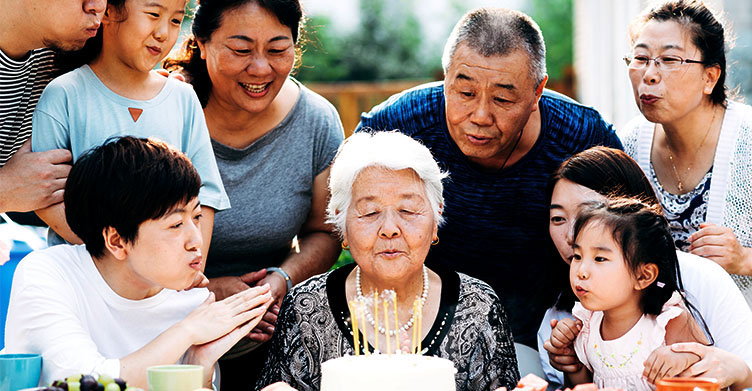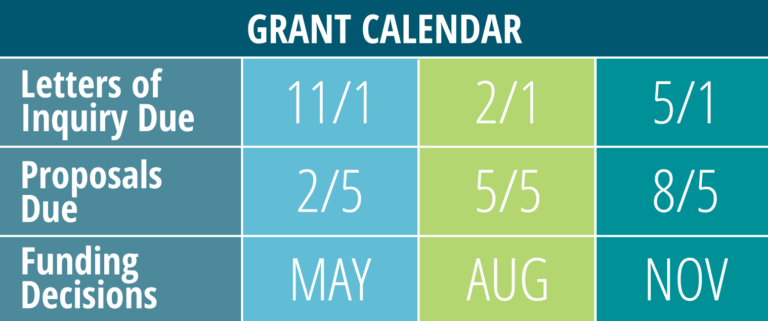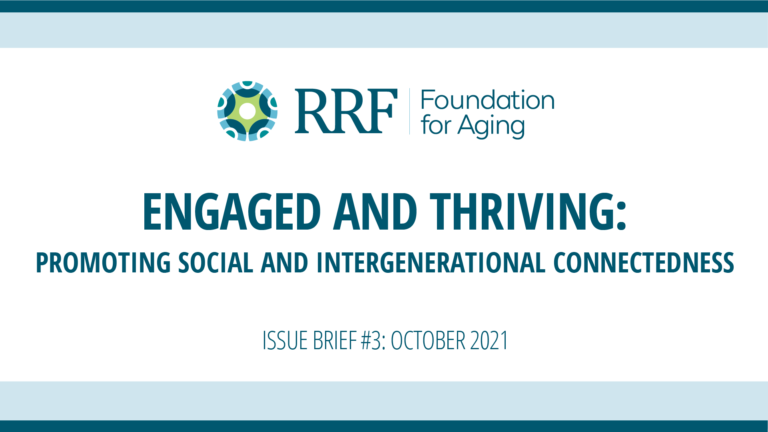
Social and Intergenerational Connectedness
Reducing isolation and loneliness in later life through efforts that strengthen meaningful social bonds, including those that span generations
Meaningful connection is a fundamental part of what constitutes a good life at any age. Although relationships may be many or few and may vary in intensity and duration, they serve as an emotional lifeline, nourishing us and playing a critical role in our larger health and well-being, especially as we get older. Of course, the flip side of social connection is isolation and the feelings of loneliness that may follow.
Research has found that high rates of older adults report feeling isolated and lonely.[1] There are many reasons for this, and as the COVID-19 pandemic brought to light, the unequal allocation of resources has further created a divide that separates many of us from the technological supports and services that can provide needed connections to people and programs.
RRF is responding to this crisis by funding innovative projects to address social isolation and loneliness. In addition, we are asking questions that will help us better understand works and why, and how to best replicate those successful efforts.
RRF recognizes the important relationship between social connectedness and intergenerational bonds. Research suggests that ageist language, which separates generations, contributes to the isolation and minimization of older adults.[2]
Just as the causes of social isolation and loneliness are multi-faceted, and in many cases interrelated, addressing these issues is equally complex. RRF Foundation for Aging has identified four pillars through which we are supporting efforts to address this priority area:
- Building on existing programs and services;
- Leveraging technology as a tool for connection;
- Promoting meaningful engagement; and
- Creating social bonds that span generations.
Click here for more information on our pillars.
RRF Foundation for Aging prioritizes proposals that intentionally address social isolation or loneliness in older persons as the primary outcome of interest.
[1] National Academies of Science and Medicine. Social Isolation and Loneliness in Older Adults: Opportunities for the Health Care System (2020).
[2] Frameworks Institute. Framing Strategies to Advance Aging and Address Ageism as Policy Issues. Frame Brief (2017).
Things to Know

Learn about general grant exclusions, search our FAQs, watch an instructional video on our application process, read evaluation guidelines and learn how to develop SMART objectives.



